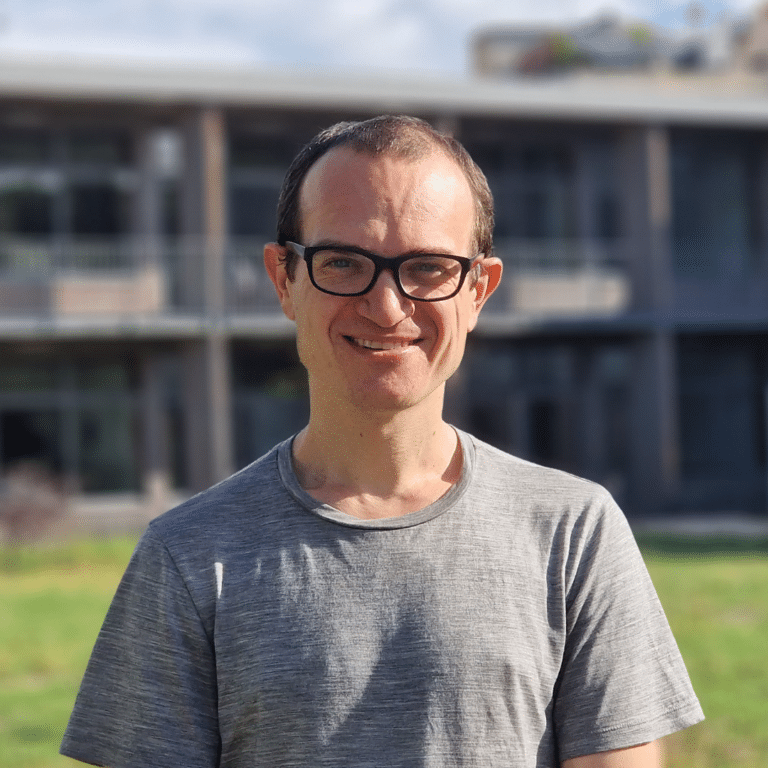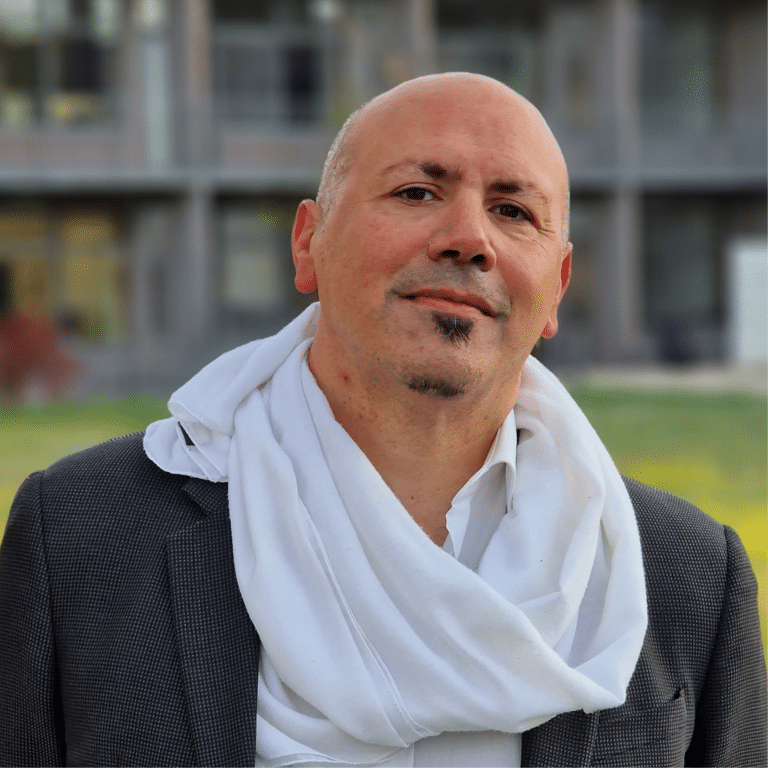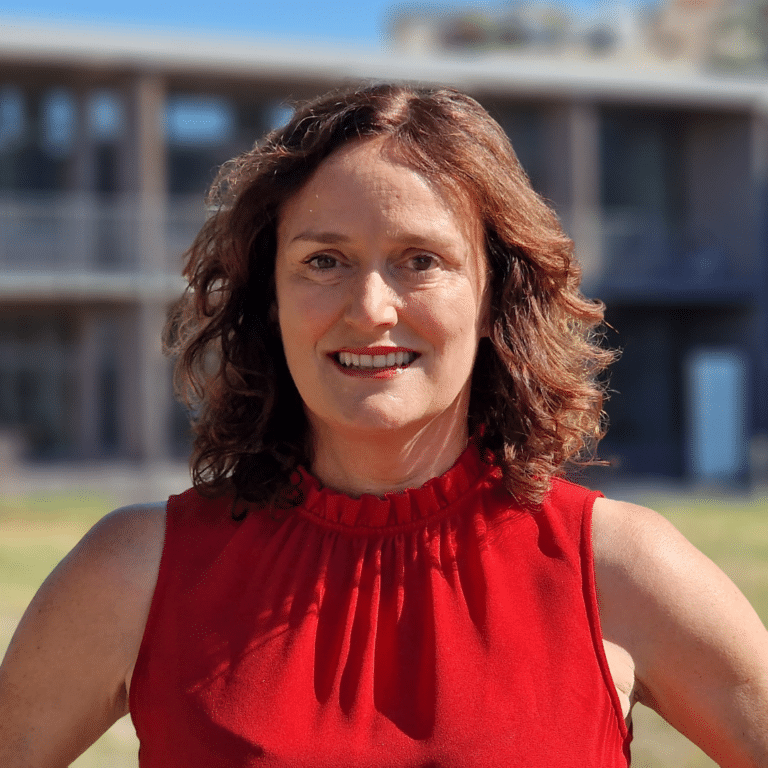Research project
Bible Manuscripts at the Crossroads of Mediterranean Societies
Summary of the research project
Between the third and sixteenth centuries, the text of the Bible has been transmitted around the Mediterranean bassin in manuscripts mainly copied in five languages and graphic systems (Latin, Greek, Arabic, Hebrew, Syriac) which were also the liturgical languages of the three monotheistic faiths—Christianity, Islam, Judaism. These manuscripts constitute, as a whole and each in their own way, fundamental cultural and religious artefacts that shaped the way the text of Bible was read, used and understood in European and Mediterranean societies. However, Bible manuscripts have never been studied in a comparative, cross-disciplinary approach. Indeed, manuscript studies in every of the mentioned languages have developed independently, each deploying different terminologies, sets of issues and conceptual frameworks within their own language-shaped disciplines and religious contexts.
Our group understands the study of Bible manuscripts as an epistemological concept that needs to be explored in an inclusive, comparative, and interdisciplinary way, starting from the comparative description of the artefacts and the analysis of the practices at the origin of their production, and including the study of their materiality, the choice of texts, the meaning of their order and placement in the manuscript, and their relationship to the paratexts. A more nuanced knowledge of the contexts of production and use, too neglected until today as a transcultural phenomenon, is also necessary. In the end, it is about going beyond and reducing the semantic and lexical differences which prevent specialists in Latin, Greek, Arabic, Hebrew and Syriac Bibles from working together, and it is also about answering the fundalental research question “what was the Bible like from late anitquity to early modernity and how did it shape cultural and religious ideas and beliefs in Mediterranean societies?”
This project is part of a new dynamic of study shared by other colleagues specializing in Bible manuscripts. These new ways of approaching the Bible participate in contemporary societal questions on interculturality, the fixation and transmission of religious and cultural standards, and religious methods and practices. We think that these questions are particularly relevant for Mediterranean societies, and need being addressed from an interdisciplinar conceptual and methodological framework crossing codicology, philology, history, sociology, and including social and religious anthropology.
During our stay at IméRA we aim at finding a common terminology, a well established set of common issues, and a clear conceptual framework in the study of Bible manuscripts. The group’s working meetings will be the main activity during the stay: meetings from Monday 22 June to Thursday 25 in the morning and in the afternoon, and Friday 26 June in the morning. Our meetings will be organised according to the following tentative thematic schedule:
Monday 22.
The form of the Bible: complete Bibles (Pandects), modular Bibles, Bibles with commentary, Bible manuscripts and liturgy, selection of books, other forms.
Tuesday 23.
Shaping the form: page and text layouts in relation to the form of the Bible, organisation and ordering of texts. The selection of texts: primary and secondary texts, paratexts, centre and margins.
Wednesday 24.
The functions of the artefact: intended function at the moment of production, transformation of functions and its impact on the form, personal and collective use. Text and post-production paratexts. Re-shaping and re-signification.
Thursday 25.
History, preservation, and study: footprints of circulation and use, and collection; cataloguing, digitization, databases and other tools.
Friday 26.
Wrap-up session and strategy for the future.
E-mail:




